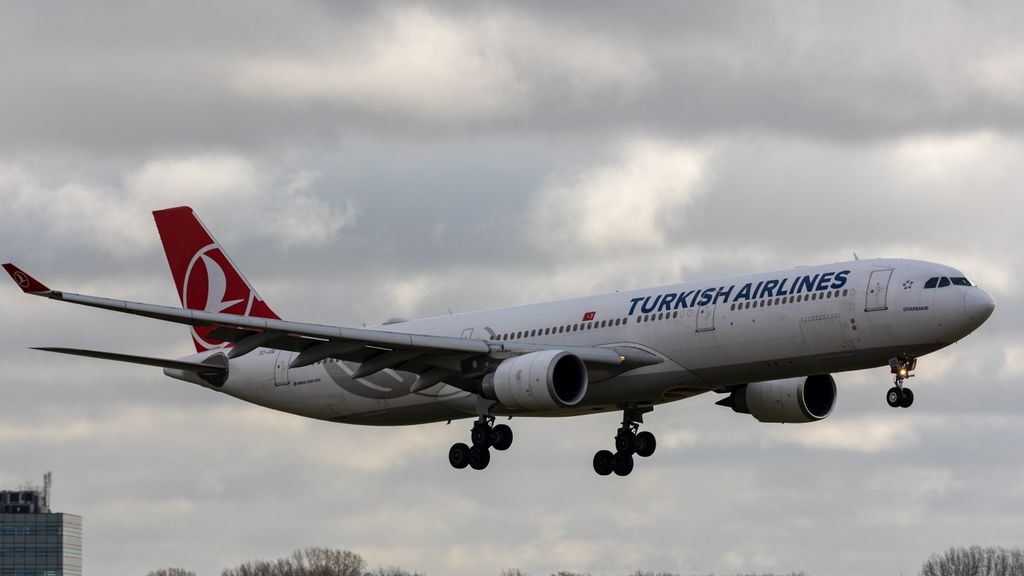Nepal Oil Corporation, on Sunday, increased the prices of diesel, kerosene and petrol by Rs 2 per litre. The NOC also issued a statement and said, “In case of normal sales, the corporation is bound to see a loss of Rs 1.1 billion on a fortnightly basis.”
But, in reality, it is not common for the corporation to incur such a loss in 15 days during the pandemic as the demand has gone down.
In just three days after the prohibitory order was put in place, on May 2, the NOC had already announced that it would incur a loss of Rs 1.1 billion. The deficit then, as per the NOC, was Rs 8.76 per litre on petrol, Rs 3.42 per litre on diesel and Rs 375.13 per cylinder on gas.
But, it had pledged to not change the price, despite the calculated loss, for the benefit of the people. After a fortnight, it broke its promise and hiked the price when the sales were nominal. Apparently, the reason it has presented for the hike is unconvincing.
Data manipulation
It is true that the corporation’s sales have plunged due to the pandemic.

Three weeks into the prohibitory order, the demand for petroleum products has also shrunk by 50 to 60 per cent due to the prohibitory order imposed in many districts. Petrol, which normally sells up to 2,500 kl every day, is now being sold only 100 to 1,200 kl.
Binit Mani Upadhyaya, the spokesperson of the corporation, says diesel sales have dropped by 50 per cent. He says that diesel, which used to sell more than 7,000 kl daily before the order, has now dropped to 4,000-4,200 kl.
According to the NOC, it is facing a deficit of Rs 8.56 per litre on petrol, Rs 4.46 per litre on diesel and Rs 375.13 per gas cylinder.
However, due to the declining demand for diesel and petrol, the corporation could not incur a loss of Rs 1 billion in 15 days. It seems the NOC has shown a lot of losses by calculating the costs based on old demand and supply.
The NOC had issued another statement before the prohibitory order was issued following multiple price hikes. On April 15, the corporation had stated that the fortnightly loss was Rs. 706.6 million, with a deficit of Rs 6.72 per litre on petrol, Rs 0.44 per litre on diesel and Rs 418.13 per gas cylinder.
At that time, the NOC had increased the price stating that there would be a terrible loss. The NOC spokesperson, Binit Mani Upadhyaya, gave clarification saying, “We said there will be a loss of Rs 1 billion in normal times. Now, with the decline in oil sales, the projected deficit will also decrease with time.”
The NOC has been claiming that it is covering the deficit so far from its price stabilisation fund, which consists of the fee collected from the consumers.
Lockdown’s silver lining

During this lockdown, the NOC increased the price of petroleum products although it had completely ignored the demand for the regular price adjustment according to the automatic price system last year. The reason it gave was that the oil prices dropped to their lowest point so far across the world.
Therefore, despite the continuous decline worldwide, oil prices in Nepal did not come down, raising questions on NOC’s “trader” trait.
In an interview with Onlinekhabar, NOC Executive Director Surendra Paudel had said, “People will not benefit from reducing the price in the lockdown. Why lower the prices in such a situation?”
As a result, during the lockdown last year, the NOC had earned a profit of Rs 22.45 per litre on petrol, Rs 25.69 per litre on diesel and Rs 55.35 per litre on kerosene. This meant a total profit of around Rs 3 billion.
After the oil prices increased in the world market, the corporation also started increasing the price accordingly. As a result, the corporation earned a net profit of Rs 12.91 billion last year, so much that it allocated a total of 174.2 million as a bonus for its employees. At present, it has accumulated a total bonus amount of around Rs 3.47 billion in its account.
Just this fiscal year, the corporation has adjusted the petroleum prices 14 times and 12 of them were hikes.






















